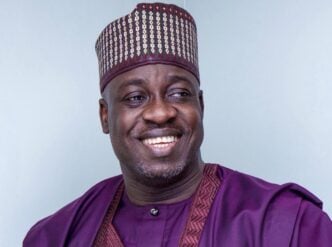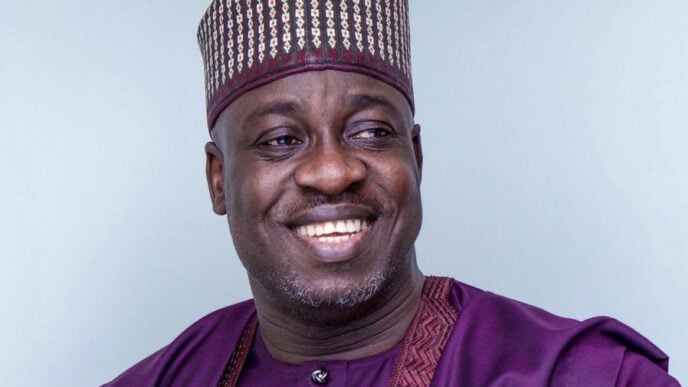The federal government has clarified that mathematics remains a compulsory subject for all candidates sitting for the Senior School Certificate Examination (SSCE), despite the recent review of Nigeria’s tertiary admission policy.
In a statement issued Sunday by Boriowo Folasade, spokesperson of the federal ministry of education, the government said the clarification became necessary following widespread misunderstanding of the revised admission guidelines released last week.
The new policy had stated that mathematics would no longer be a required subject for students seeking admission into tertiary institutions to study non-science courses.
The change, announced by the minister of education, Tunji Alausa, was introduced to “democratise access to tertiary education and empower Nigerian youths”, causing reactions nationwide.
Advertisement
However, the ministry said the revision only affects admission requirements at the tertiary level and does not alter the structure of the secondary school curriculum or the subjects required at the SSCE level.
The statement added that both english and mathematics remain essential components of a sound educational foundation, describing them as “fundamental tools for communication, reasoning, and lifelong learning”.
“All students must continue to take both subjects as part of their Senior School Certificate Examinations, as they remain vital components of a sound educational foundation,” the statement reads.
Advertisement
The ministry also reaffirmed that the Joint Admissions and Matriculation Board (JAMB) remains fully responsible for coordinating tertiary admission processes across institutions in Nigeria.
Under the revised policy, university admission seekers are required to obtain a minimum of five credit passes in relevant subjects, including english, in not more than two sittings. Mathematics, however, is compulsory only for candidates applying to study science, technology, and social science courses.
While defending the changes, Alausa said the new framework would make tertiary education more inclusive and flexible without compromising standards.
“The streamlining ensures that deserving students are not denied access to higher education due to credit deficiencies in subjects that are not directly relevant to their chosen fields of study,” Alausa said.
Advertisement
The ministry urged the public to disregard misleading reports suggesting that mathematics had been removed from the school curriculum, assuring that both mathematics and english will continue to serve as pillars of Nigeria’s basic education system.









